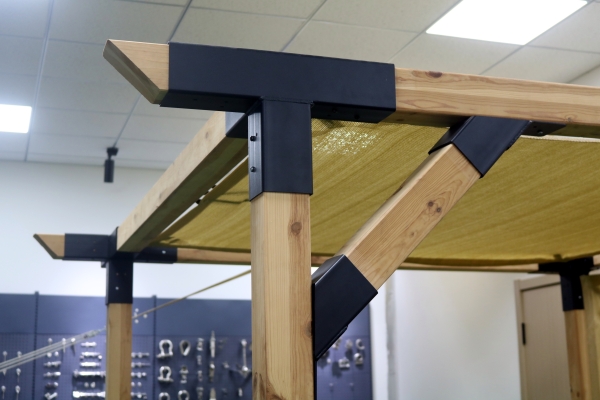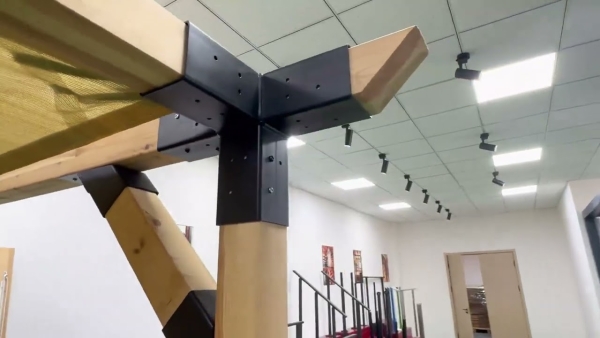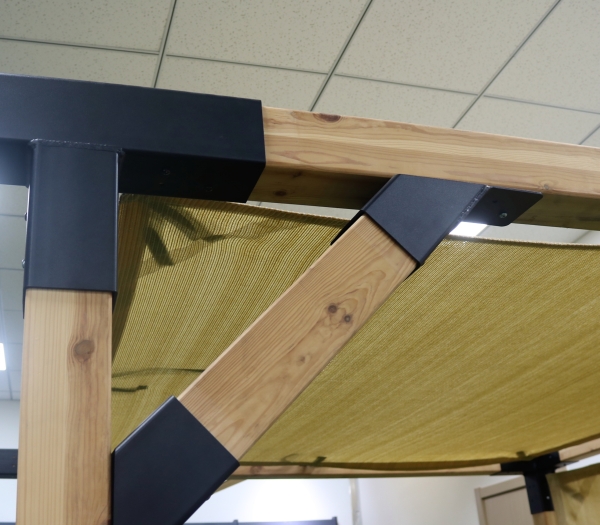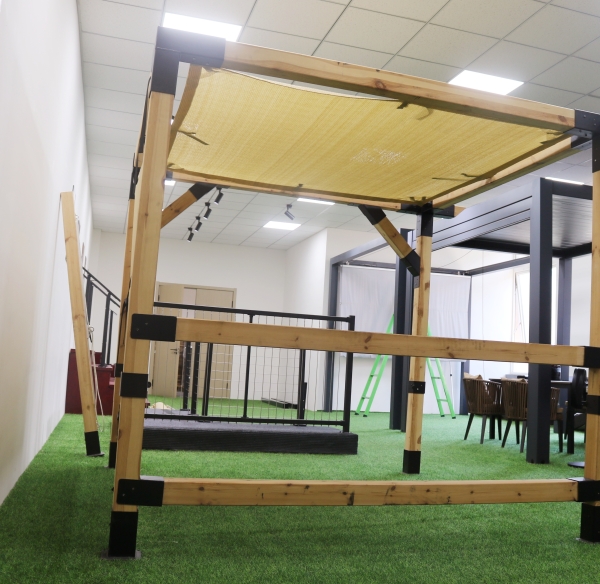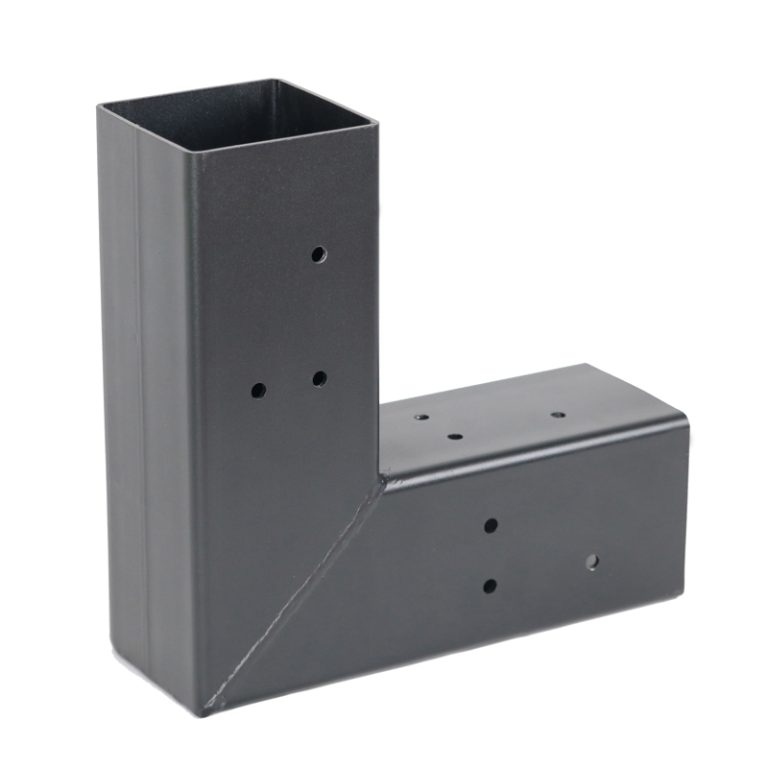Table of Contents
Benefits of Building a Pergola Without a Permit
Pergolas are a popular outdoor structure that can enhance the aesthetics and functionality of a backyard or garden. They provide shade, support climbing plants, and create a cozy outdoor living space. However, many homeowners are unsure whether they need a permit to build a pergola on their property. In most cases, pergolas do not require a permit if they are under a certain size and height. This article will explore the benefits of building a pergola without a permit.

One of the main benefits of building a pergola without a permit is the cost savings. Obtaining a permit can be a time-consuming and expensive process, involving fees, inspections, and paperwork. By avoiding the permit process, homeowners can save money and hassle. Additionally, building a pergola without a permit allows for more flexibility in design and construction. Homeowners can choose the size, shape, and materials of their pergola without having to adhere to strict permit requirements.
Another benefit of building a pergola without a permit is the speed of construction. Permit applications can take weeks or even months to be approved, delaying the start of construction. By skipping the permit process, homeowners can begin building their pergola right away and enjoy their outdoor space sooner. This can be especially advantageous for those who want to host outdoor events or gatherings in their backyard.
Building a pergola without a permit also allows for more creativity and customization. Homeowners can design a pergola that fits their specific needs and preferences, without being limited by permit regulations. This can result in a more unique and personalized outdoor space that reflects the homeowner’s style and taste. Additionally, building a pergola without a permit can be a rewarding DIY project for homeowners who enjoy hands-on construction.
While there are many benefits to building a pergola without a permit, it is important to consider the potential drawbacks. In some cases, building a pergola without a permit can lead to fines or legal issues if the structure does not comply with local building codes. Homeowners should research their local regulations and ensure that their pergola meets all necessary requirements before proceeding with construction. Additionally, building a pergola without a permit may void any warranties or insurance coverage for the structure.
In conclusion, building a pergola without a permit can offer several benefits, including cost savings, speed of construction, and creative freedom. However, homeowners should be aware of the potential risks and consequences of bypassing the permit process. It is important to research local regulations and ensure that the pergola meets all necessary requirements before beginning construction. With careful planning and attention to detail, building a pergola without a permit can be a rewarding and enjoyable project that enhances the outdoor living space.
Consequences of Constructing a Pergola Without a Permit
Pergolas are a popular addition to outdoor spaces, providing shade and a sense of elegance to gardens and patios. However, before embarking on the construction of a pergola, it is important to consider whether a permit is required. In many jurisdictions, building a pergola without the necessary permits can have serious consequences.
One of the primary reasons why permits are required for pergolas is to ensure that the structure complies with building codes and regulations. Building codes are put in place to ensure the safety and structural integrity of buildings and structures. Without a permit, there is no oversight to ensure that the pergola is built to code, which can pose a risk to the safety of those using the structure.
Additionally, permits are often required to ensure that the pergola does not encroach on property lines or violate zoning regulations. Building a pergola without a permit can lead to legal issues if the structure is found to be in violation of property boundaries or zoning laws. This can result in fines, legal fees, and even the removal of the pergola.
Furthermore, constructing a pergola without a permit can also have financial consequences. In many cases, permits are required for insurance purposes. If a pergola is built without the necessary permits and something goes wrong, such as the structure collapsing or causing damage to property, insurance companies may refuse to cover the costs of repairs or damages. This can leave the homeowner liable for significant financial losses.
In some cases, building a pergola without a permit can also affect the resale value of a property. When it comes time to sell a home, potential buyers may be wary of purchasing a property with unpermitted structures. This can make it more difficult to sell the property or result in a lower sale price.
It is important to note that the consequences of constructing a pergola without a permit can vary depending on the jurisdiction. Some areas may have stricter enforcement of building codes and regulations, while others may be more lenient. However, it is always best to err on the side of caution and obtain the necessary permits before building a pergola.
In conclusion, while it may be tempting to skip the permit process when building a pergola, the consequences of doing so can be significant. From safety concerns to legal issues and financial repercussions, there are many reasons why permits are required for pergolas. Before embarking on a pergola construction project, it is important to research the permit requirements in your area and ensure that all necessary permits are obtained. By following the proper procedures, you can enjoy your pergola with peace of mind, knowing that it has been built safely and legally.

